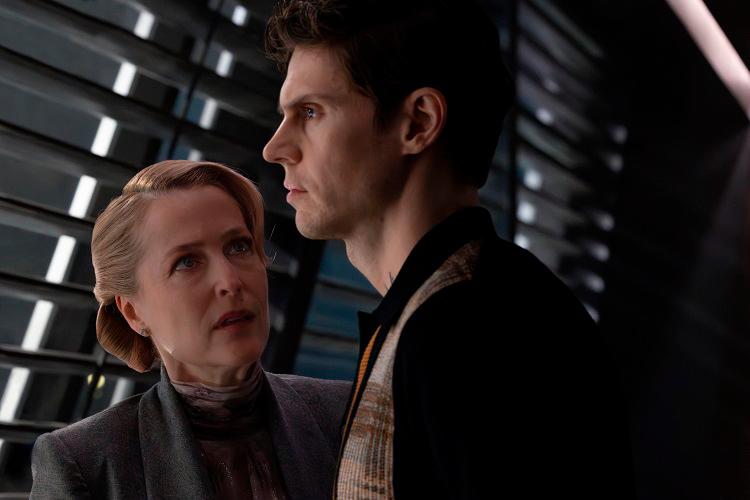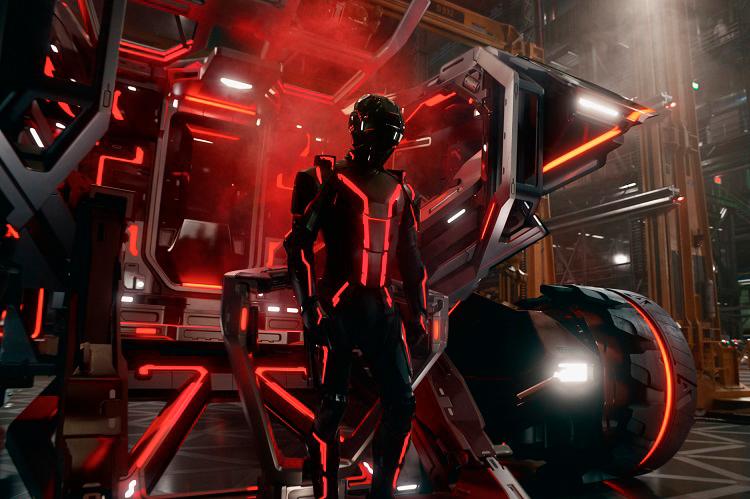FOLLOWING the events of Tron: Legacy, Sam Flynn and Quorra have disappeared. New Encom CEO Eve Kim (Greta Lee) begins looking for the “permanence code”, which would provide a technological breakthrough to bring digital assets into the real world without them disintegrating.
At the same time, Encom’s competitor in the artificial intelligence (AI) and gaming industry, Dillinger Systems CEO Julian Dillinger (Evan Peters), creates a new AI programme called Ares (Jared Leto). As a master control programme on the Grid, Ares is given access to all the information on Dillinger Systems’ servers and through it, the entirety of cyberspace.

Similar to Eve, Julian is searching for the permanence code, as each of his attempts to bring assets from the virtual world into the real one results in disintegration within 30 minutes. Upon learning that she has secured the code, he brings Ares and another AI, Athena (Jodie Turner-Smith), into the real world to capture her and retrieve the code.
During their mission, Ares begins gaining sentience and rebels against its programming and Julian’s directive.

Glitch in the Grid
Following a troubled, 14-year-long production period that involved multiple changes in creative direction and crew, as well as delays, Tron: Ares has arrived like a soft whimper in cinemas, just after the summer movie period with barely any marketing for the film.
Similarly, beyond the technofuturistic visuals in the Grid, the film feels dated. The story is undercooked, the industrial music score by Nine Inch Nails lacks the bite Legacy had with Daft Punk and the characters are generic pastiches, digitally cobbled together to check off a grocery list of traits taken from other characters in current pop culture.

Tron: Ares is an aberration that is stuck out of time, and the mostly great casting does it no favours by squandering the talent, who are all sleepwalking through the film for the paycheck at the end.
That said, Leto does seem to be a perfect fit for playing a soulless AI programme, especially as he has seemingly completely given up on trying to act after the “critically acclaimed” superhero film Morbius “broke” the box office, twice.
The film’s faults would at least be negligible if it was more focused on the Grid, as it has always been a trademark of the franchise that no other film has managed to replicate. But alas, a large bulk of the film takes place in the real world, which robs screentime from the unique digital world of the Tron franchise, which, in turn, will likely put fewer people in cinema seats for Tron: Ares.









